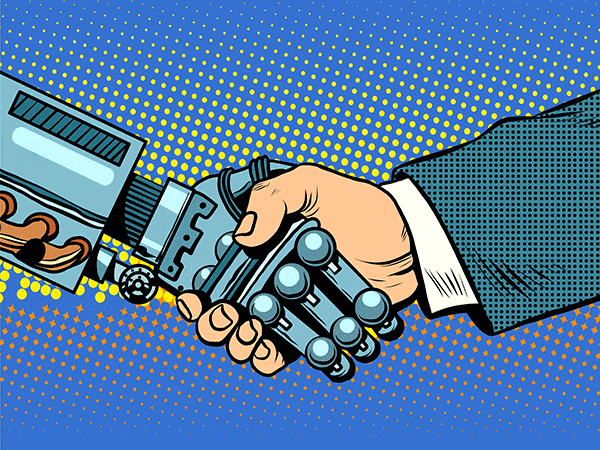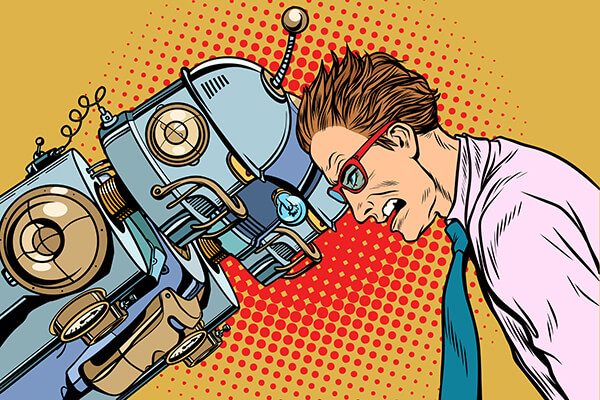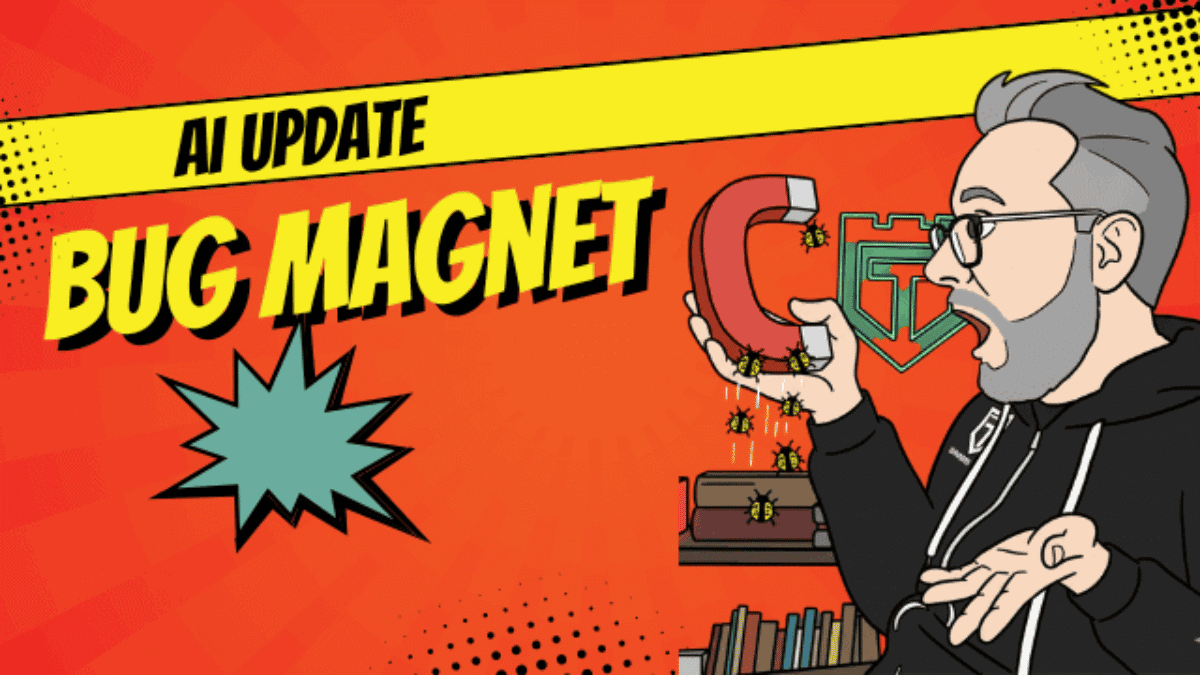I recently co-hosted a webinar, with Blinq.io to delve into the impact of intelligence (AI) on software testing practices and nine way AI can improve software testing.
Cool stuff!
During the session, Tal Barmeir and Guy Arieli seasoned quality assurance (QA) practitioners, shared their perspectives on leveraging AI to enhance team skills.
Our conversation was insightful. I'd like to highlight the takeaways from their presentation while providing an informative overview of AI’s role in software testing.
Here are nine ways in which AI can elevate your software automation testing processes.
1.Boosting Tester Productivity
AI brings a productivity boost to software testing. The speakers outlined two ways in which this manifests.
- Empowering Manual Testers: AI tools enable testers to develop automated test scripts without requiring extensive coding expertise. This empowers them to transition into automation roles. As Tal noted, “A manual testing professional can generate cutting-edge test automation code without training or courses.”
- Enhancing Automation Engineers Skills: For automation engineers, AI serves as a tool, for amplifying productivity and efficiency.Guy observed that a test automation engineer now can supervise a team of AI test engineers. Automation engineers can oversee AI-assisted testing processes concurrently significantly boosting their productivity.
The speakers suggest that AI has the potential to enhance testers’ productivity by, up to three times compared to approaches. This heightened efficiency empowers QA teams to conduct testing in less time potentially enhancing software quality and speeding up time to market.
2. AI Helps to Increase Test Coverage
AI also enhances test coverage in software testing by spanning across devices, operating systems, and languages than testing methods. This inclusive approach minimizes the necessity for risk-based testing decisions.
Tal further explained this concept by highlighting how AI test agents eliminate the need, for risk management considerations and allow testing of all aspects. These AI entities operate around the clock providing metrics without limitations or trade-off risks.
This extended coverage offers advantages;
- Enhanced testing, across setups
- Decreased chances of overlooking bugs in specific conditions
- Enhanced trust in software quality across diverse scenarios
3. AI Enhances Testing Efficiency
AI can significantly speed up testing cycles, which is crucial in today's fast-paced software development environment. The presenters highlighted two main ways AI accelerates testing:
Concurrent Testing
AI can execute tests concurrently across different environments enabling QA teams to conduct more tests in less time compared to sequential methods.
Adaptability to Changes
AI-driven testing tools can swiftly adjust to application modifications reducing delays often associated with updates of test scripts for features or interface changes.
Guy Arieli highlighted the significance of these capabilities; “Since this process can be conducted concurrently by AI test engineers you can promptly provide results and fixes.”
Accelerated testing cycles offer the following benefits:
- Swift bug identification and resolution
- Mitigation of bottlenecks, in software delivery processes
- Introduction of features and updates to the market
4.Illustration of AI-Powered Testing
Seeing is believing – right?
I think so that is why the webinar featured a live demo of Blinq.io AI testing platform showcasing applications of AI, in real-world testing scenarios.
During the demo the platform highlighted functions:
- Automated Test Scenario Generation: The AI system can analyze app requirements. Generate test scenarios automatically saving time in test planning and ensuring thorough coverage.
- Conversion of Manual Steps to Automated Scripts: The platform demonstrated its ability to convert test steps into automated scripts efficiently aiding teams in transitioning from manual, to automated testing.
- Self Healing Test Scripts: As applications evolve test scripts may. Need updates. The AI system can. Heal” test scripts automatically when app changes occur reducing maintenance efforts.
- Parallel Test Execution: The demo illustrated how the system can run tests across environments simultaneously cutting down test execution time significantly.

5. Importance of Human Oversight
Despite AIs testing capabilities the presenters emphasized the role of human oversight. The folks at BlinqIO highlighted that AI should be viewed as a tool to enhance testers not to replace them.
Guy Arieli explained that whenever the AI makes changes, to your project. Be it in the test IDs generating scenarios or modifying the code at each checkpoint. A human oversight is necessary to review and approve the AIs actions.
This human in the loop approach ensures:
- Ensuring quality and reliability of AI generated tests
- Aligning testing efforts with business objectives
- Interpreting test results within their context
6. Impact on QA Careers
Regarding the impact on QA careers the presenters discussed concerns about how AI would affect QA roles. They expressed confidence that AI will improve then replace QA jobs offering opportunities for those who can adapt.
Tal mentioned; “If you know how to make use of it and enhance your work with it you become a tester. So there's no need, for concern. Embracing AI is key because not utilizing it could put you at a disadvantage compared to others who do.”The speakers proposed ways in which QA roles could develop;
Manual testers might transition to advanced automated testing positions.
Automation engineers/SDETs could take on more strategic and architectural responsibilities.
There may be roles emerging that focus, on managing and optimizing AI assisted testing processes.

7. Challenges and considerations
Challenges and considerations were also discussed during the webinar.
While the webinar highlighted the advantages of AI in testing it's crucial to acknowledge the challenges that come with implementing AI powered testing.
Some key considerations include setting up and integrating AI tools with existing testing processes training team members to effectively utilize and oversee AI assisted testing ensuring data privacy and security when utilizing AI systems and striking a balance between AI generated tests and human designed test cases.
8. AI Training Data
The presenters shared insights about their platforms AI engine and training data during the Q&A session. They mentioned using a mix of OpenAI APIs and trained open source AI engines. The system is trained on a dataset of testing information but does not utilize enterprise customer data for training purposes.
Free Course: Learn AI with Playwright
9. Integration with Existing Tools
This approach enables the AI to possess knowledge about testing practices while safeguarding data privacy, for Blinq.ios clients.The speakers also discussed the integration, with existing tools mentioning that their platform can work alongside project management tools like Jira. This allows teams to easily incorporate AI powered testing into their workflows.
You can watch the replay of the webinar if you're interested in learning more about how AI's impacting software testing. The replay includes:
- A demonstration of Blinq.ios AI testing platform
- Detailed responses to audience queries
- In depth conversations on implementing AI in testing procedures
To view the webinar replay please register [Insert registration information here].
Do you believe AI can be beneficial for your testing needs?
The Blinq.io webinar shed light on how AI's revolutionizing software testing by enhancing tester efficiency broadening test coverage and speeding up testing processes. While AI has the potential to significantly enhance software quality assurance it was emphasized that human expertise remains essential for guiding and supervising AI supported testing endeavors.
Whether we like it or not AI is likely to have a role in software testing as technology advances. Quality assurance professionals who grasp and effectively utilize AI tools may find themselves well prepared for career prospects, in this evolving field.
This webinar provides insights, for QA experts, software developers and project managers who want to grasp and implement AI supported testing techniques. Offering real life illustrations and tackling worries acts as a guide for individuals aiming to keep up with advancements, in software quality assurance.





